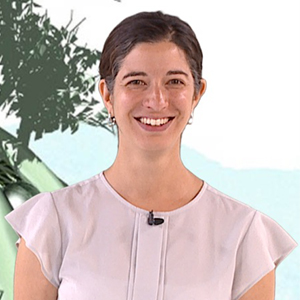Emma Frow is an assistant professor at Arizona State University in the School of Biological and Health Systems Engineering and the Consortium for Science, Policy and Outcomes. She received her PhD in biochemistry and cell signaling at Cambridge University and her MSc in Science and Technology Studies from the University of Edinburgh. Her current work focuses on setting standards in synthetic biology, the movement of ideas from engineering into biology, and objectivity in synthetic biology.
http://sbhse.engineering.asu.edu/emmafrow/
http://www.stis.ed.ac.uk/people/honorary_fellows_and_visitors/frow_emma





